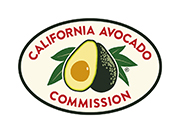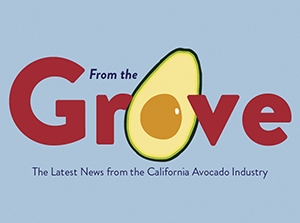The original objective was to determine the impact of temperature on floral behavior and pollen tube growth and humidity on the proportions of self-, close, and cross-pollinated avocado fruit on trees growing in humid, coastal and dry, inland CA climates. Because self-pollination was demonstrated to be the prevailing mode of pollination in Florida cultivars in warm humid conditions, it was appropriate to determine if similar rates of self-pollination occur in a dry Mediterranean climate present in California. The conclusions of the work were that despite limiting cool temperatures present in Ventura County, where the research was conducted, self-pollination within Stage 2 flowers is the dominant mode of pollination at both the humid and dry sites. Moreover, it was determined that pollen transfer is mediated by wind and bees have a negligible role in pollen transfer. Temperatures that are marginally warm enough to allow somewhat normal floral opening and closing behavior are still insufficient to provide pollen tube growth to the ovule before abscission of the flower. These results provide the basis for understanding why growers utilizing solid block avocado plantings achieve good yields without bees.


